Friendship Fridays: Unconventional friendships by Amy Scott Robinson

A powerful window into the friend who sees, celebrates, and loves us for our true selves by a friend who sees me. You won’t want to miss this:
‘Friendship is magic’. That’s the tagline of the My Little Pony TV series, which ran from 2010 to 2019 and is beloved by my daughter and probably thousands of other autistic children. I wonder whether some of its appeal for them has to do with the central premise of friendship: six ponies, navigating the everyday difficulties of existing as a social group. From the fact that each of the central characters represents an element of friendship such as generosity, honesty or fun, to the simple conflicts and resolutions of each episode, the show seems to offer itself as a series of social stories, containing the ingredients of forming and keeping successful friendships.
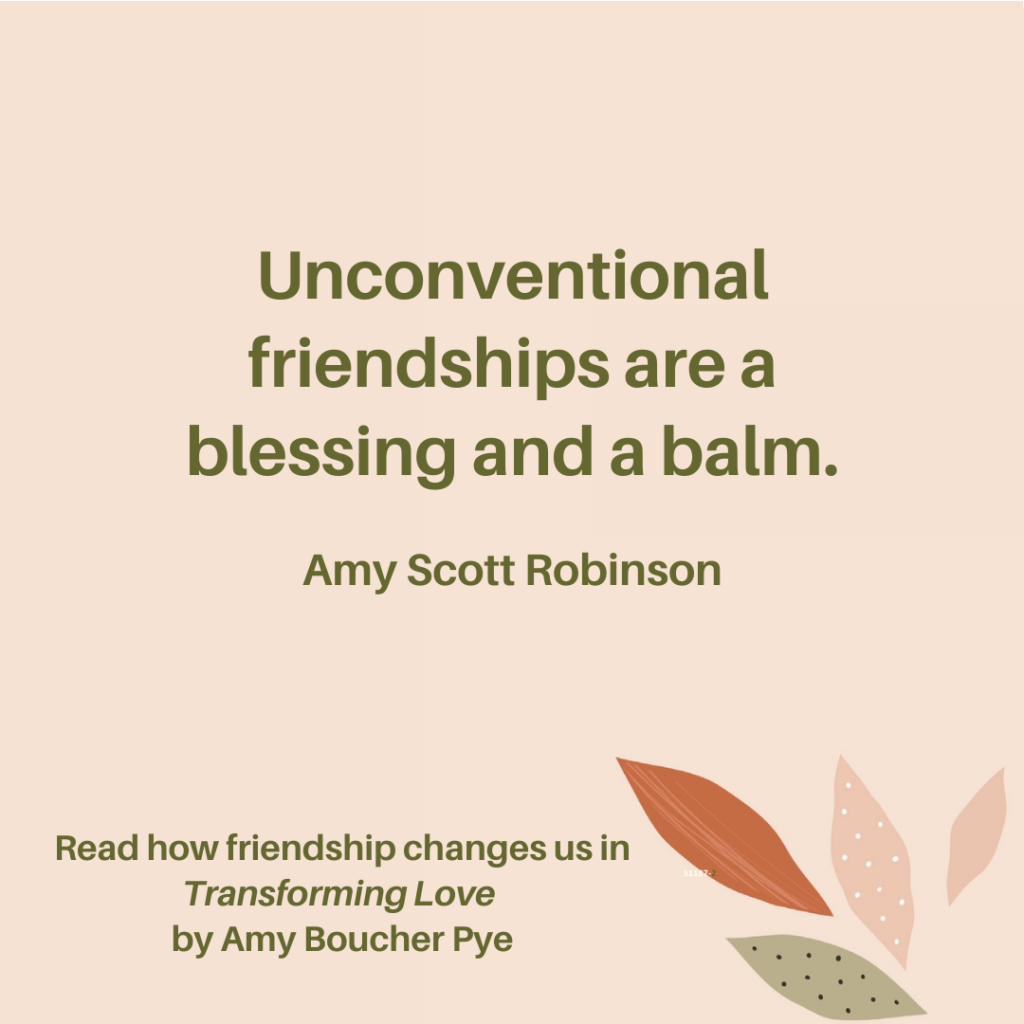
Autistic people – especially girls – often learn to mask and script at an early age, changing behaviour that comes naturally to them in an attempt to fit in with their neurotypical peers. It can be a disheartening mystery to them that they are still so often not accepted: and even when they are, it’s for the person they are so diligently role-playing, not for their true autistic selves.
Neurodiverse friendships don’t always look like typical ones. At school, I used to ‘fall in friendship’ like falling in love: I knew within the first five minutes that this was one of those rare and magical people who ‘got’ me, and that we were going to be friends. The idea of needing to work at forming a friendship, or of having a large group of friends, baffled me. Friendship, for me, was a scarce and beautiful thing that couldn’t be sought or created: it just happened.
As an adult I have plenty of friends, and a slightly better grasp on the idea that I need to put them into my diary if I ever want to see them (though I’m terrible at actually doing so). But I still feel uncomfortable with the idea that friendship has ‘rules’. Those few precious friends have remained my closest and best. So my wish for my daughter is not just that she has friends, but that she finds her people, the ones with whom she can have a friendship as her authentic self.
I’m always struck by how individually Jesus treated his friends. Literal-minded Thomas was shown tangible proof while Peter was given a stern talking to. Clever, busy Martha was called to faith in action, while quiet Mary was loved with a gentle presence. We should never fall into the trap of thinking there’s only one way to have friends, because unconventional friendships are a blessing and a balm. They’re where the magic lies.

Amy Scott Robinson is the author of Image of the Invisible and Images of Grace for BRF, as well as several children’s books. She works on the editorial team at Kevin Mayhew, and lives in Suffolk with her vicar husband and two children.
Explore friendship with Jesus in Transforming Love. Find it – including a free copy of the introduction and first chapter – here.

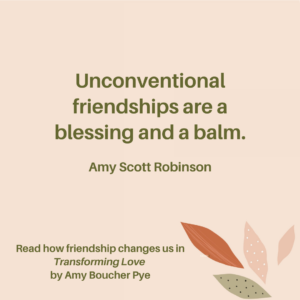




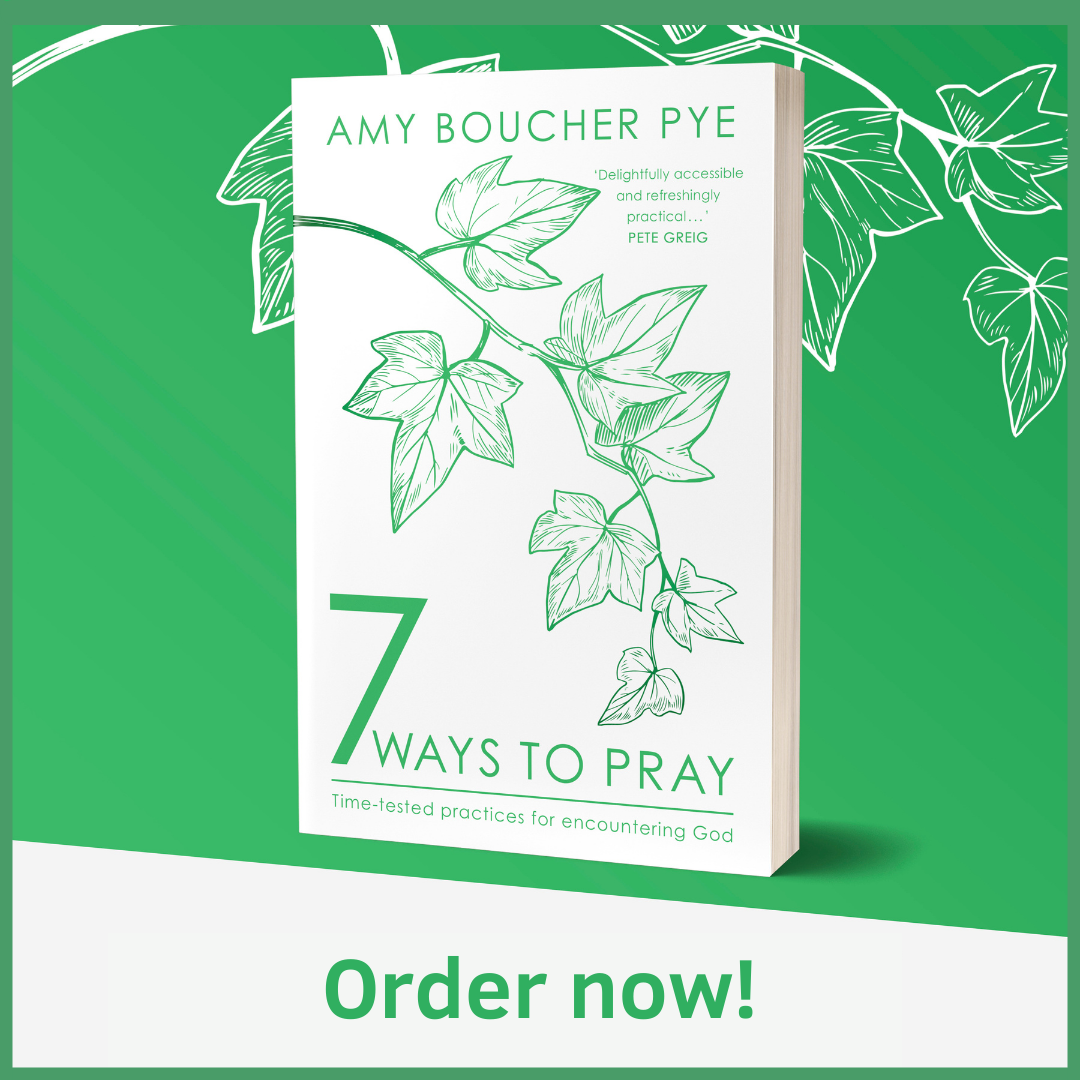
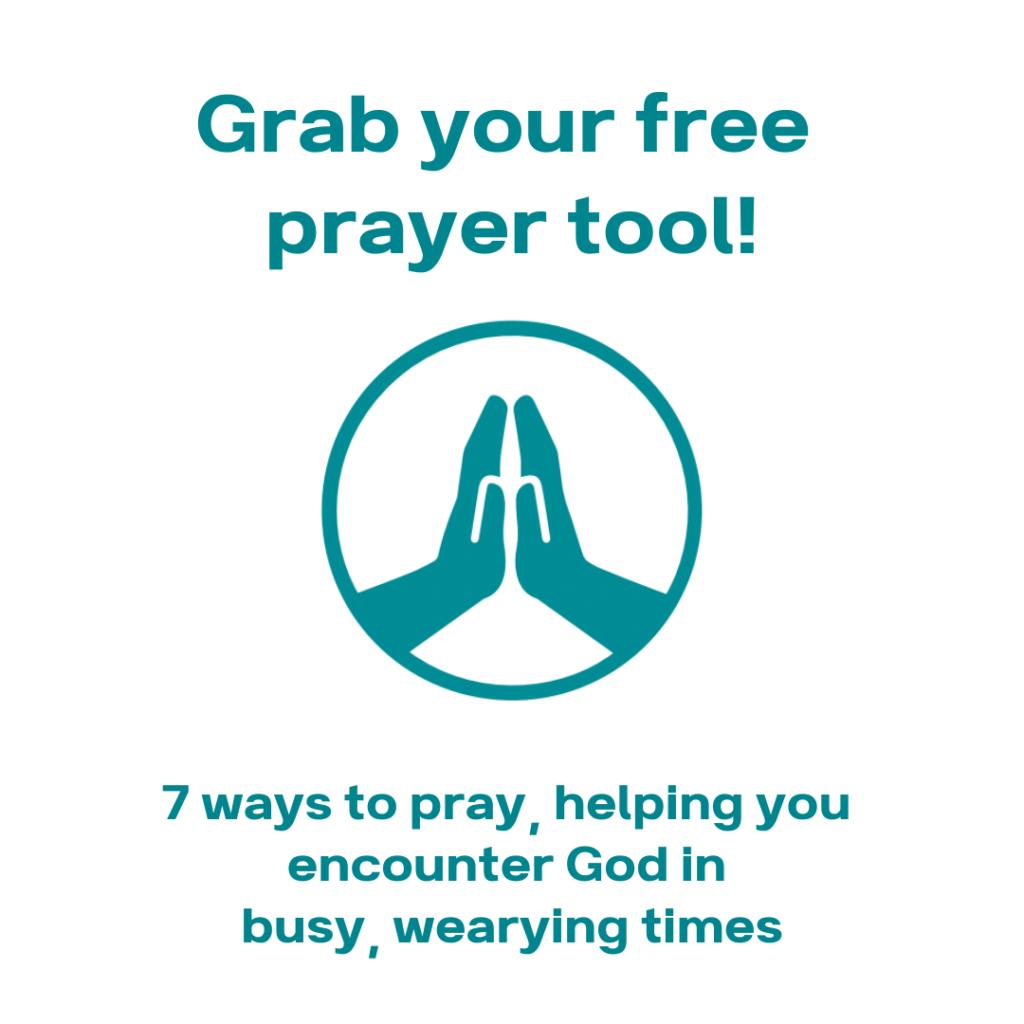
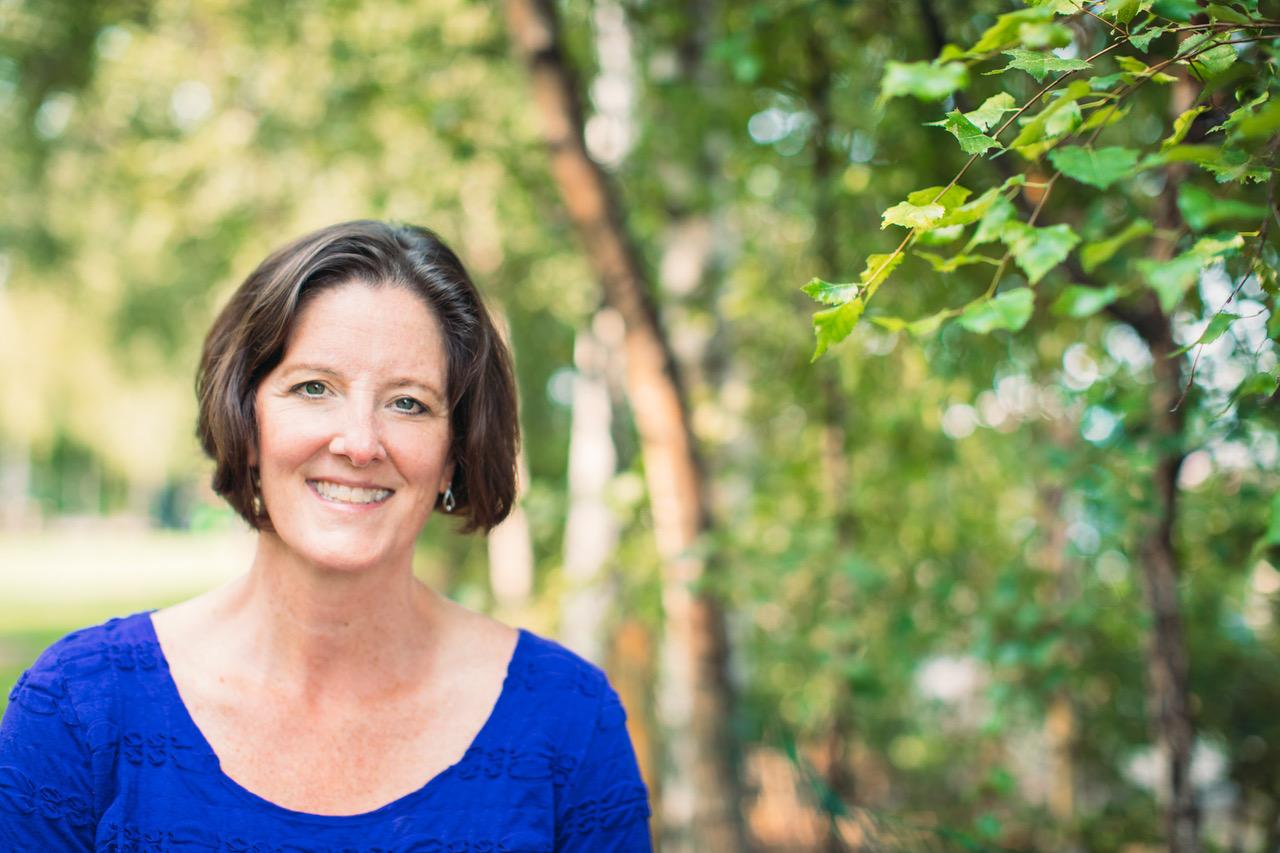 Hello!
Hello! 